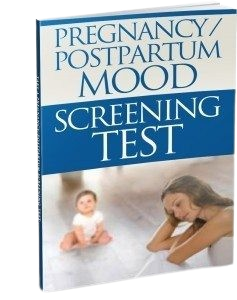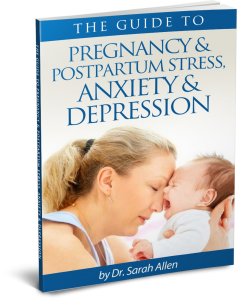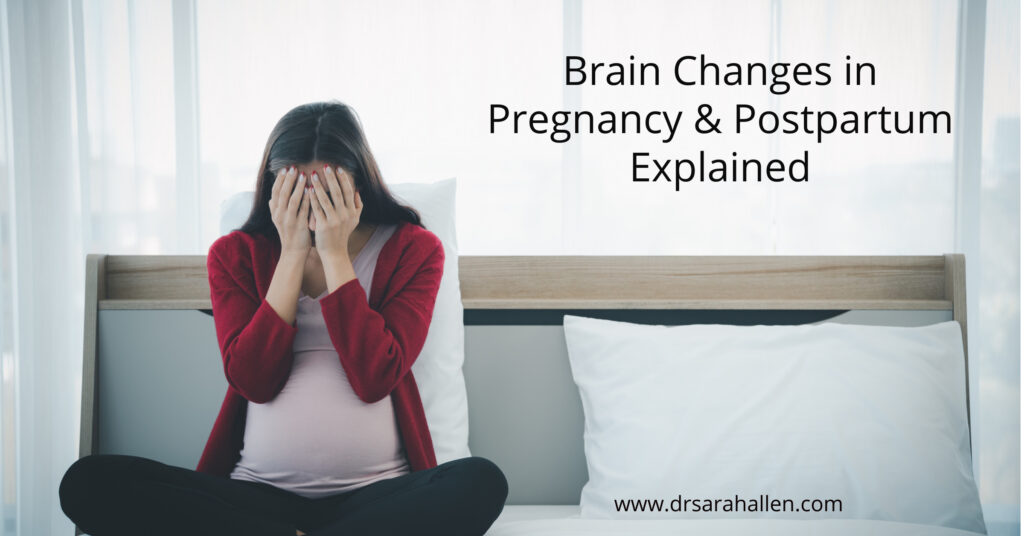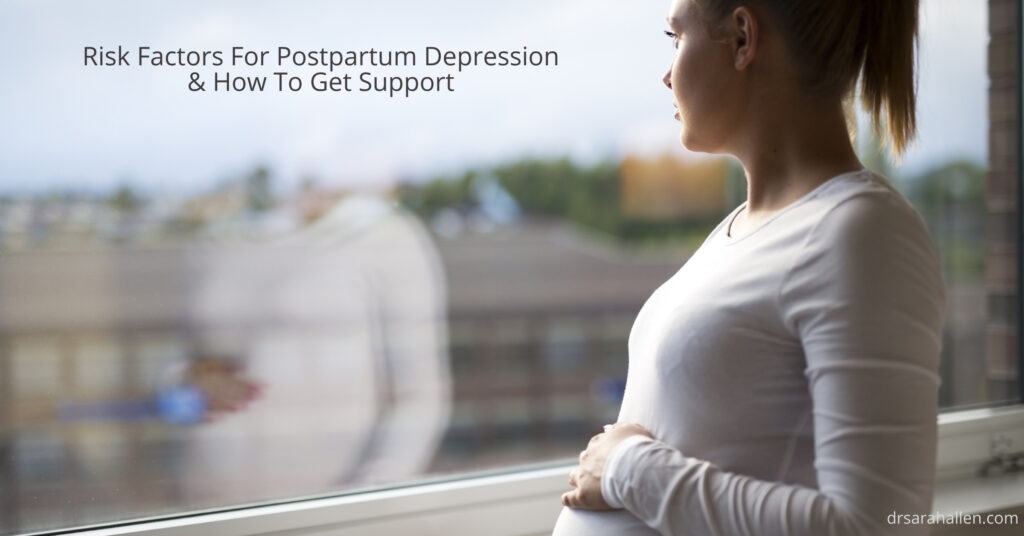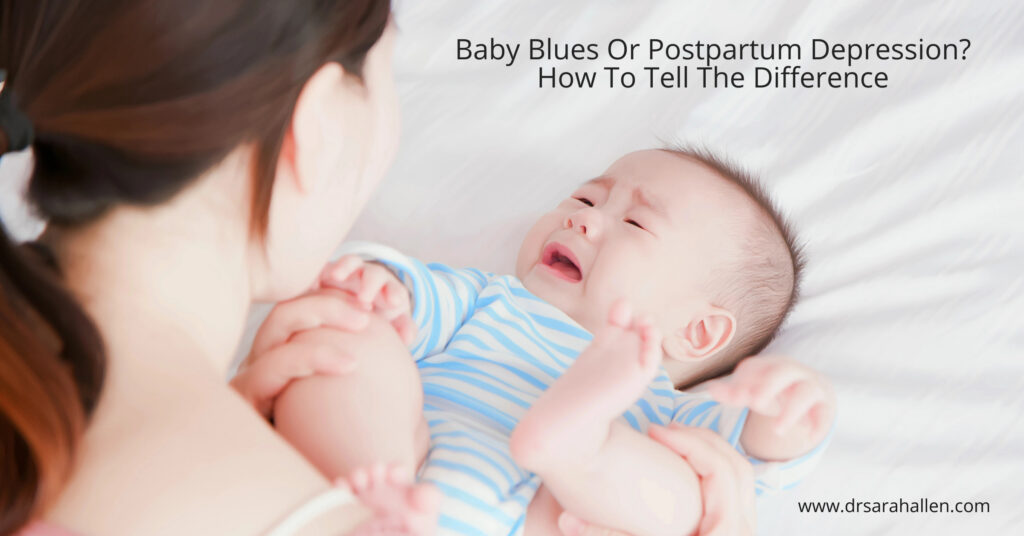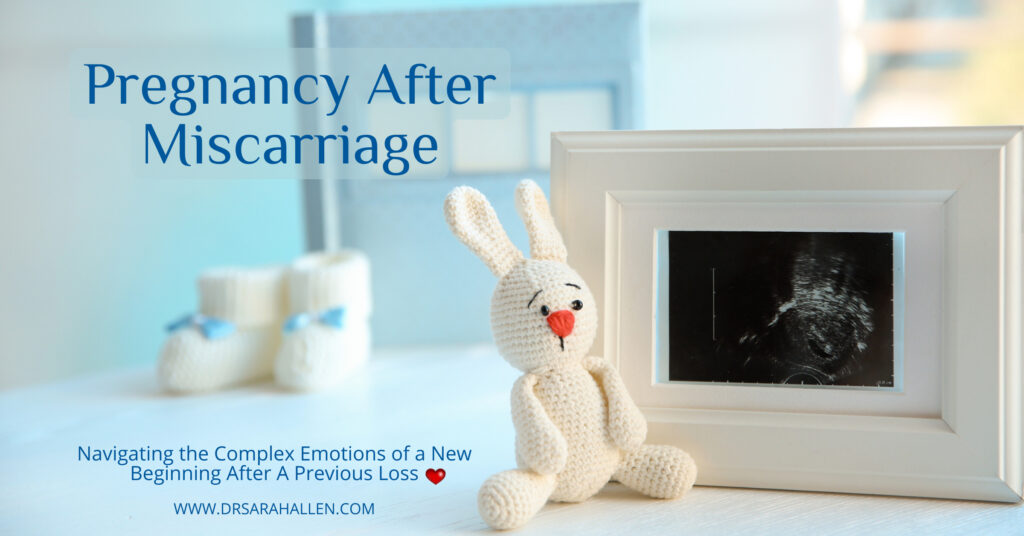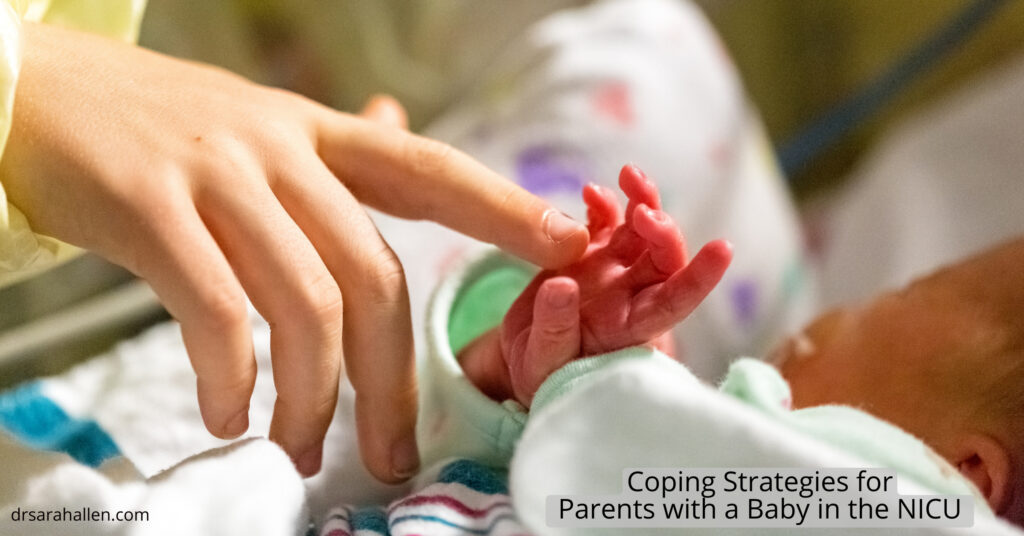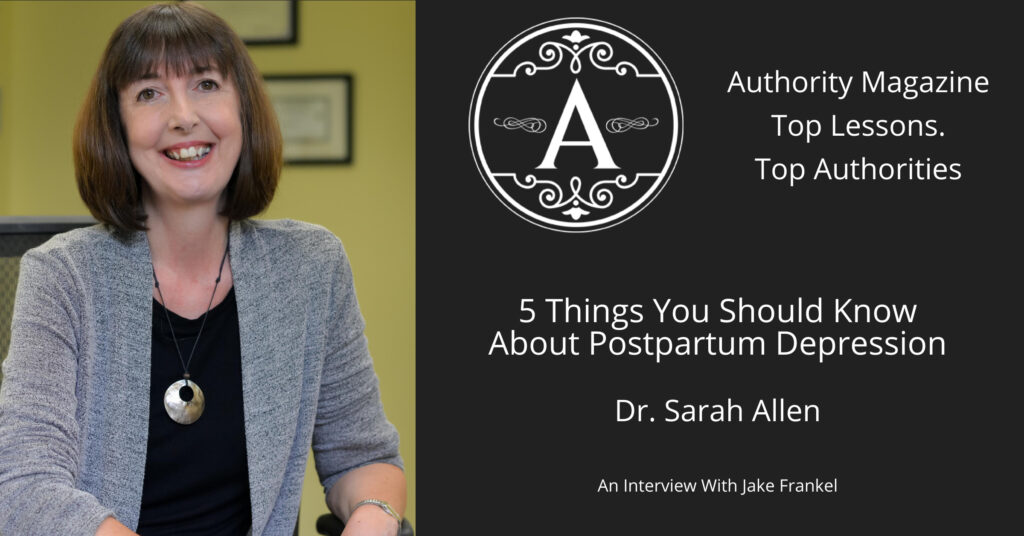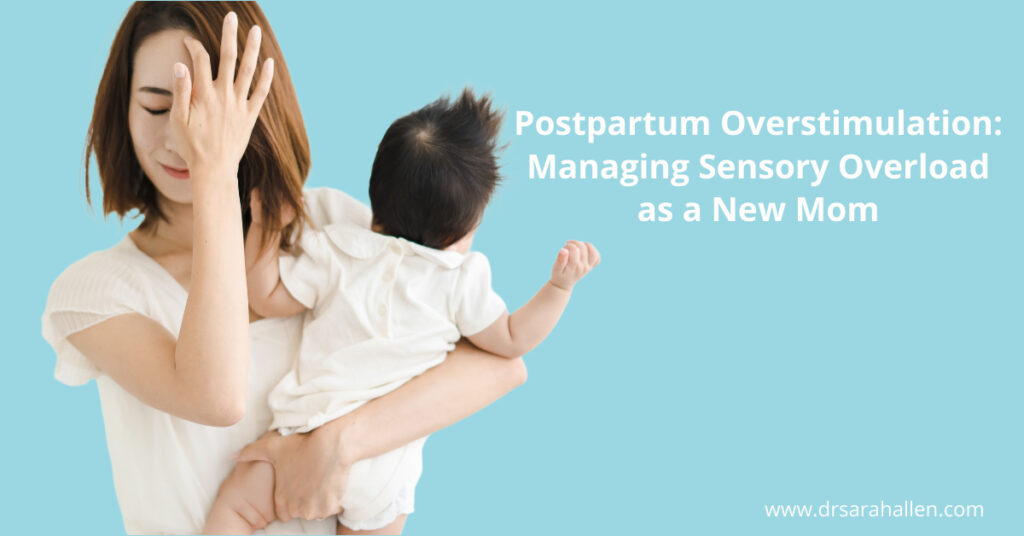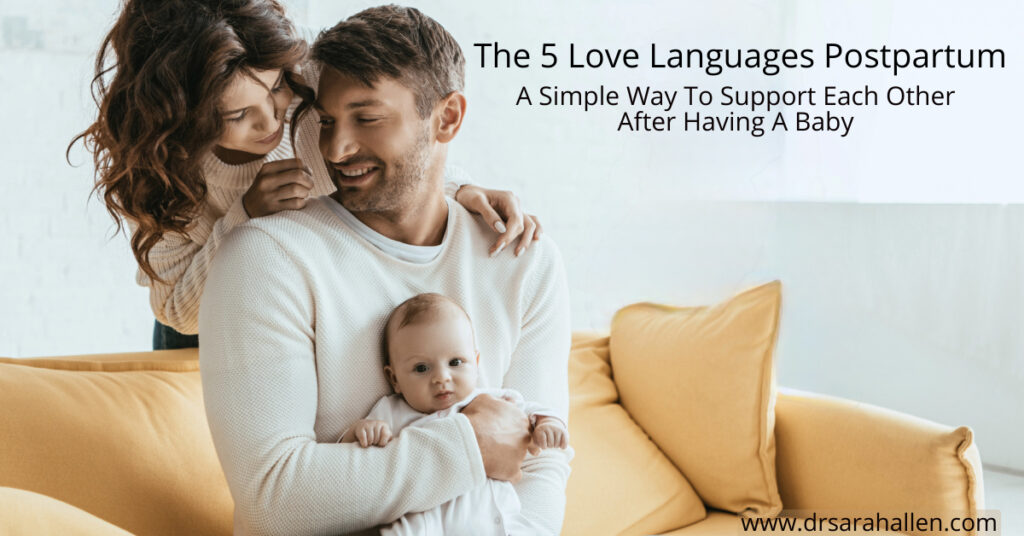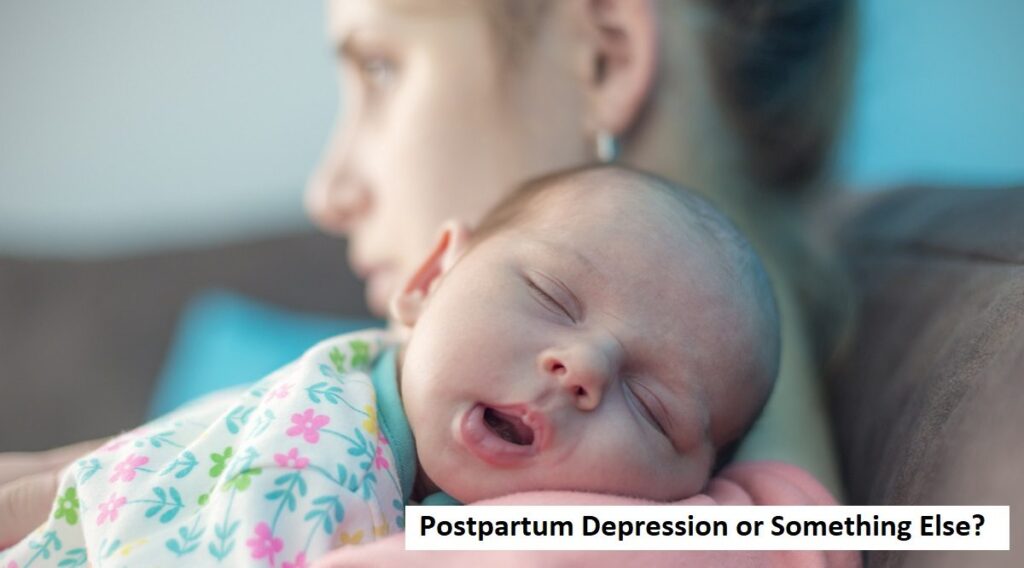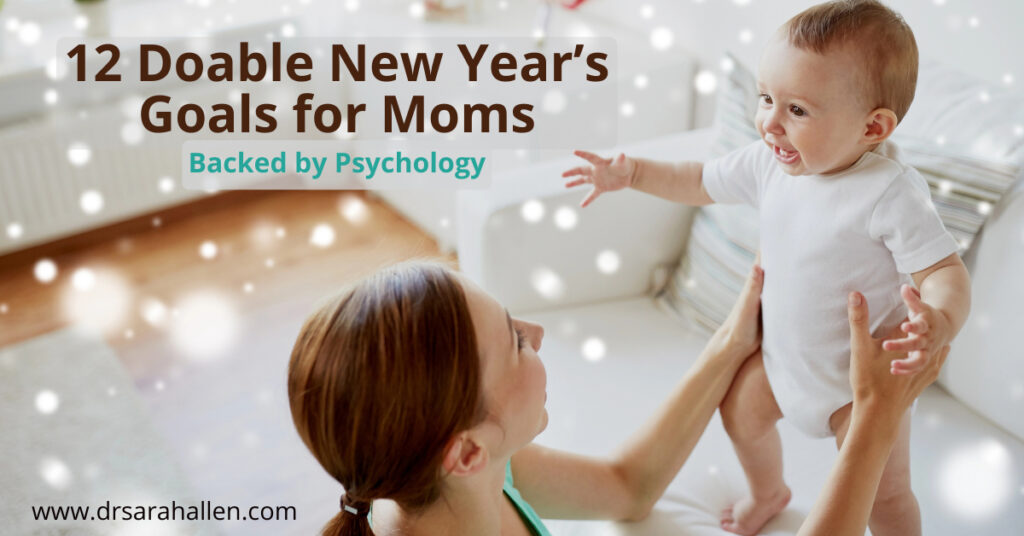
Being a mom to baby is nothing short of life-changing. While the start of a new year often brings with it a fresh wave of motivation, it can also feel overwhelming to set goals amidst sleep schedules, feedings, and everything else that comes with caring for a little one. But setting the right goals, backed by psychological insights, can help and really, you can do try these things at anytime, it doesn’t need to be January 1st to look after your mental health.
Research supports the benefits of goal setting for improved mental health. A study by Oscarsson et al. (2020) found that approach-oriented goals are more successful than avoidance-oriented goals. Approach-oriented goals focus on positive actions you want to start, such as taking small breaks throughout the day or drinking more glasses of water. In contrast, avoidance-oriented goals focus on stopping negative behaviors, like not eating junk food. The study showed that people who set approach-oriented goals were more likely to succeed, which highlights the importance of focusing on positive changes.
Below are 12 goals tailored for moms of babies and toddlers, pairing evidence-based reasoning with practical examples based on topics I frequently talk about with new moms. Try 1, 5 or all 12! There is no particular order, just see which ones appeal to you most.
1. Learn to Say ‘No’ Without Guilt
Psychological Insight: Moms are often burdened by unrealistic expectations. Acknowledge that you can’t do it all, and that’s okay. Setting boundaries is essential for mental health. Saying ‘no’ allows you to focus on your priorities without overwhelming yourself.
Examples:
- Decline invitations or obligations that feel too stressful.
- Prioritize family time by saying no to excessive visitors.
- Say no to taking on unnecessary tasks or responsibilities.

You might also be interested in How People Pleasing Causes Anxiety
2. Prioritize Self-Care
Psychological Insight: Research shows that self-care helps reduce stress, prevent burnout, and boost overall well-being. When you take care of yourself, you can take better care of your baby.
Examples:
- Take a 15-minute walk or stretch session while someone watches the baby.
- Schedule a weekly self-care evening for a bath, journal session, or book.
- Practice mindfulness or meditative breathing while your baby naps.
3. Take Breaks Without Guilt
The Psychology: According to self-compassion research led by Dr. Kristin Neff, granting oneself permission to rest improves emotional regulation and reduces burnout.
Examples:
- Schedule 30 minutes daily to read, nap, or enjoy quiet time.
- Ask your partner or a family member to take over baby duty for an hour.
- Use that time to do something that sparks joy, like painting your nails or watching a favorite show.

You may also be interested in How To Cope With Mom Guilt
4. Celebrate Small Wins
The Psychology: The “Progress Principle” shows that acknowledging and celebrating small accomplishments fosters motivation and optimism, especially in challenging periods like early parenthood.
Examples:
- Keep a list of daily wins, like “got through bath time without tears”
- Create a ritual of ending your day with one positive moment to reflect on.
- Share these victories with your partner or a supportive friend for added encouragement.
5. Practice Positive Self-Talk
Psychological Insight: Research links self-compassion to greater resilience and reduced stress, especially for new moms who often experience self-doubt.
Examples:
- Replace “I’m failing at this” with “I’m doing my best, and that’s enough.”
- Write affirmations like “I am a good mom” on sticky notes around your space.
- Reflect daily on three things you did well, even if they seem small.

You might also be interested in Understanding Self Talk and it’s Effects on Mental Health
6. Create Routines, Not Rigid Schedules
Psychological Insight: Routines help both moms and babies feel safe and reduce stress. But, as experts note, flexibility is key—rigid schedules can lead to frustration.
Examples:
- Follow a loose bedtime routine (bath, feeding, story).
- Start with morning “anchor points” like breakfast after the first feed.
- Group similar activities—like tummy time after diaper changes.
7. Focus on Quality Sleep (for Both Of You)
The Psychology: Sleep deprivation impacts mood, decision-making, and overall health. Research supports creating systems that improve sleep routines, benefiting both baby and parent.
Examples:
- Develop a consistent bedtime routine for your baby (e.g., bath, story, lullaby).
- Invest in blackout curtains or a sound machine for better sleep.
- Take turns with your partner to cover shifts so you can recharge.

You may also be interested in How To Treat Pregnancy & Postpartum Insomnia
8. Cultivate Gratitude
Psychological Insight: Gratitude practices enhance mental well-being and help shift focus from stressors to joys, even during tough times.
Examples:
- Start a daily gratitude journal (e.g., “Today, I’m grateful my baby smiled.”).
- Share one thing you’re grateful for with your partner each night.
- Create a “gratitude jar” and add a note whenever you feel thankful.
9. Bond through Playful Connection
The Psychology: Play fosters brain development and strengthens attachment bonds between moms and babies. It doesn’t mean you have to constantly provide your child with educational stimulation, even 10 minutes of intentional play can release feel-good hormones for both of you.
Examples:
- Engage in tummy time with colorful toys to encourage movement.
- Sing silly songs, make funny faces, or explore textures with your baby.
- Create eye contact during diaper changes and say a playful phrase like, “Peek-a-boo!”
10. Connect with Your Identity Outside of Motherhood
The Psychology: Research highlights how maintaining a sense of identity beyond parenting supports mental health and fulfillment, which in turn benefits the family.
Examples:
- Spend one evening a month on a personal hobby or with friends.
- Start a side project that excites you, whether it’s a blog, indoor gardening, or craft.
- Regularly remind yourself, “I’m not just a mom. I’m also [your identity—artist, runner, entrepreneur, etc.].”

You may also be interested in reading Reclaiming Your Sense of Identity When You’re A Mom
11. Create Realistic Expectations
The Psychology: Studies on cognitive dissonance show that unrealistic expectations can cause frustration and self-doubt. Setting smaller, attainable goals boosts confidence and emotional stability.
Examples:
- Shift from “I’ll lose all my baby weight this year” to “I’ll build healthier habits at my own pace.”
- Set specific daily goals, like “today I’ll fold the laundry” or “read two pages of a book.”
- Add grace to setbacks by reminding yourself, “I’m doing my best.”
12. Prioritize Your Mental Health
The Psychology: Research shows that when moms prioritize their mental health, they experience reduced stress and stronger bonds with their children. Babies thrive when their caregivers feel emotionally well (maternal mental health is foundational to secure attachment).
Examples:
- Schedule 5-10 minutes of meditation daily using an app like Headspace or Calm.
- Reach out to a therapist or counselor specializing in postpartum health.
- Journal your thoughts and emotions weekly as a mindful practice.
Final Thoughts
New Year’s goals as a mom don’t need to be grandiose—the smallest shifts can have a big impact.
As a mom of a baby or toddler, it’s important to prioritize self-care and finding ways to cope with the challenges of motherhood. Here are some additional tips that have helped the many women I have worked with and I hope will help you too:
- Reach out for support from friends, family, or other moms who may be going through similar experiences.
- Make time for yourself every day, even if it’s just a few minutes to do something you enjoy.
- Don’t compare yourself to others and their parenting journeys. Every baby and every mom is different, and that’s okay.
- Ask for help when you need it. It takes a village to raise a child, and there’s no shame in asking for assistance.
- Give yourself grace and forgiveness. Being a new mom is tough, but remember that you are doing your best.
- Don’t forget to nourish your body with healthy food, stay hydrated, and get enough rest whenever possible.
- Remember to breathe deeply and take breaks when needed. Taking care of yourself is just as important as taking care of your baby.
Remember, it’s okay to not have everything figured out. Motherhood is a journey filled with ups and downs, but through self-care, support, and self-compassion, you can navigate it with strength and a dose of humor too 🙂 And always remember, you are doing an amazing job as a new mom! I bet you don’t tell yourself that enough!
Do you need extra support? Please reach out to me below. I have worked with many new moms and I have lots of helpful articles on my website that cover pregnancy, postpartum and being a parent. Also, you can download a free Guide To Pregnancy & Postpartum Stress, Anxiety & Depression and subscribe to my newsletter where I share my new articles. If you would like to work with me, I see clients in person at my Northbrook, IL office and I am also licensed to work virtually with women living thtoughout IL, FL and the UK.

Dr. Sarah Allen has 25+ years of experience in private practice helping women to transition to being the mom they want to be. She is the Founding Director of the statewide non-profit Postpartum Depression Alliance of IL. She also specializes in pregnancy loss & infertility & has published research on postpartum depression and traumatic childbirth.
If you would like to work with Sarah, please phone her at 847 791-7722 or on the form below.
If you would like to read more about me and my areas of specialty, please visit Dr. Sarah Allen Bio. Dr. Allen’s professional license only allows her to work with clients who live in IL & FL & the UK and unfortunately does not allow her to give personalized advice via email to people who are not her clients.
Dr. Allen sees clients in person in her Northbrook, IL office or remotely via video or phone.

What Can I Read That Helps Me While I Am Waiting For My First Appointment With Sarah?
If you feel that you may be experiencing pregnancy or postpartum mood disorder, or worry that you may be at risk of developing it, please download my free booklets below.
See each specific webpage to download one or many.
